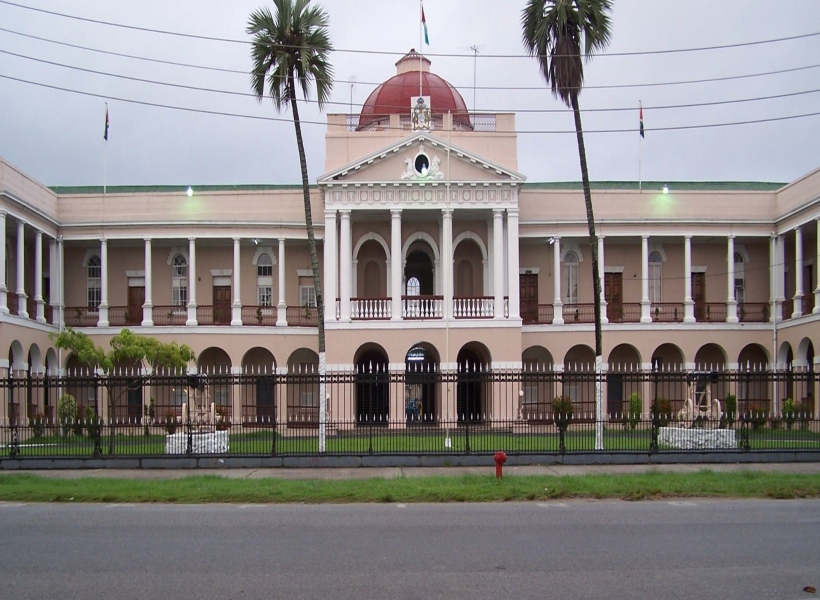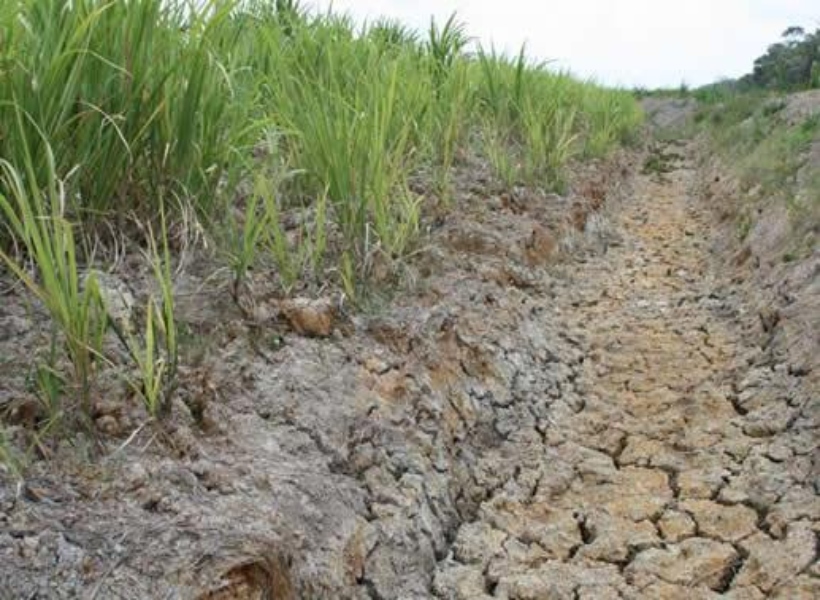The Hydrometeorological Service of the Ministry of Agriculture is forecasting above-normal temperatures across Guyana from September to November 2024. This period, particularly September and October, is typically the hottest time of the year, with extreme heat and heat wave days being common.
The forecast suggests an increased likelihood of higher-than-average temperatures, which could significantly impact public health, agriculture, and livestock.
Impacts on Human Health:
Heat-related illnesses, such as dehydration, heat exhaustion, and heat stroke, are expected to pose significant risks, especially to vulnerable groups such as the elderly, children, and those with pre-existing health conditions.
With the potential for an above-average number of heat wave days, the Hydrometeorological Service advises the public to take preventive measures. These include staying hydrated, limiting outdoor activities during peak heat hours, and ensuring that living and working environments are well-ventilated.
Agricultural and Livestock Concerns:
The forecasted period coincides with the driest months in Northern Guyana and the beginning of the long dry season in the South. Farmers may face challenges due to reduced water availability and increased stress on crops, potentially leading to lower yields.
Prolonged exposure to high temperatures can adversely affect the growth and productivity of key crops, particularly water-intensive ones. Livestock are also at risk, with heat stress potentially affecting their health, reducing their productivity. Farmers are encouraged to ensure adequate water supplies, provide shaded areas, and continuously monitor livestock for signs of heat stress, such as reduced feed intake, lethargy, and increased breathing rates.
Record Temperatures Observed:
From January to July 2024, daytime temperatures across Guyana have consistently exceeded the historical norm of 32°C, with some months surpassing the high temperatures recorded in 2023, a year marked by record-breaking heat.
Typically, up to 35 heat wave days are observed during the September to November dry season. However, there is a significant chance of exceeding this number, posing risks to public health, agriculture, and livestock.
The Hydrometeorological Service urges all stakeholders to take necessary precautions during this period of extreme heat. Stay informed with weather updates, implement water-saving strategies, and take measures to protect your health, crops, and livestock.
The Hydrometeorological Service said it will continue to provide updates to its seasonal outlook as new information becomes available. Special attention should be paid to short-range forecasts and weather analyses from the National Weather Watch Center to plan daily activities.
For location-specific information and updates, please contact the forecasting desk, operational 24/7, via telephone at 261-2284 or 261-2216.













